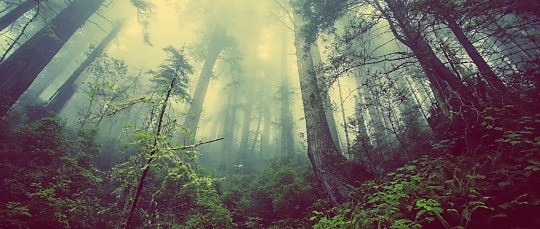John Hope Franklin? John Hope? Apocryphal?

Question for Quote Investigator: Educator and activist John Hope has received credit for the following statement:
We must go beyond textbooks, go out into the bypaths and untrodden depths of the wilderness.
Confusingly, these words have also been attributed to historian and educator John Hope Franklin. Some versions use the phrase “get beyond” instead of “go beyond”. Would you please help?
Reply from Quote Investigator: The ascription to John Hope Franklin is incorrect. This error corresponds to a known misquotation mechanism. A statement is sometimes improperly reassigned to an individual with a name that is similar to the actual creator of the quotation.
John Hope died in 1936, and in 1948 the biography “The Story of John Hope” by Ridgely Torrence appeared. The book reprinted part of a speech that Hope delivered in Nashville, Tennessee on “The Need of a Liberal Education for Us”. Hope stated that black people should enter into the highest echelons of scholarship and should perform original research. Emphasis added to excerpts by QI:1
We must get beyond textbooks, go out into the bypaths and untrodden depths of the wilderness of truth, and explore and tell to the world the glories of our journey.
Below are additional selected citations in chronological order.
In 1972 “The Challenge of Blackness” by Lerone Bennett Jr. ascribed the remark to John Hope:2
President Hubert said that in his Greek classes Hope “taught everything from Homer to table manners.” Hope himself said: “We must get beyond textbooks, go out into the bypaths and untrodden depths of the wilderness of truth, and explore and tell to the world the glories of our journey.”
In 1993 the pioneering reference work “My Soul Looks Back, ‘Less I Forget: A Collection of Quotations by People of Color” attributed the statement to John Hope Franklin:3
We must get beyond textbooks, go out into the bypaths and untrodden depths of the wilderness of truth and explore and tell the world the glories of our journey.
JOHN HOPE FRANKLIN, c. 1967
In 1993 the reference work above was discussed in the “News & Record” of Greensboro, North Carolina, and the book reviewer highlighted the quotation and spurious attribution:4
Duke University historian John Hope Franklin: “We must get beyond textbooks, go out into the bypaths and untrodden depths of the wilderness of truth and explore and tell the world the glories of our journey.”
In conclusion, John Hope authored the quotation in the 1948 citation. The attribution to John Hope Franklin was mistaken.
Image Notes: Picture of misty forest from Free-Photos at Pixabay. The image has been resized, cropped, and retouched.
Acknowledgement: Great thanks to Ryan Rice whose inquiry led QI to formulate this question and perform this exploration.
Update History: On April 6, 2025 the format of the bibliographical notes was updated.
- 1948, The Story of John Hope by Ridgely Torrence, Chapter 7: Going Home, Quote Page 116, The Macmillan Company, New York. (Verified with scans) ↩︎
- 1972, The Challenge of Blackness by Lerone Bennett Jr., Chapter: The Time of the Whale, Quote Page 237, Johnson Publishing Company, Chicago, Illinois. (Verified with scans) ↩︎
- 1993, My Soul Looks Back, ‘Less I Forget: A Collection of Quotations by People of Color, Edited by Dorothy Winbush Riley, Topic: Travel, Quote Page 412, Column 2, HarperCollins Publishers. New York. (Verified on paper) ↩︎
- 1993 August 15, News & Record, Teacher’s Aid Makes a Valuable Reference by Ann Alexander (Ideas Editor), Quote Page F5, Greensboro, North Carolina. (NewsBank Access World News) ↩︎